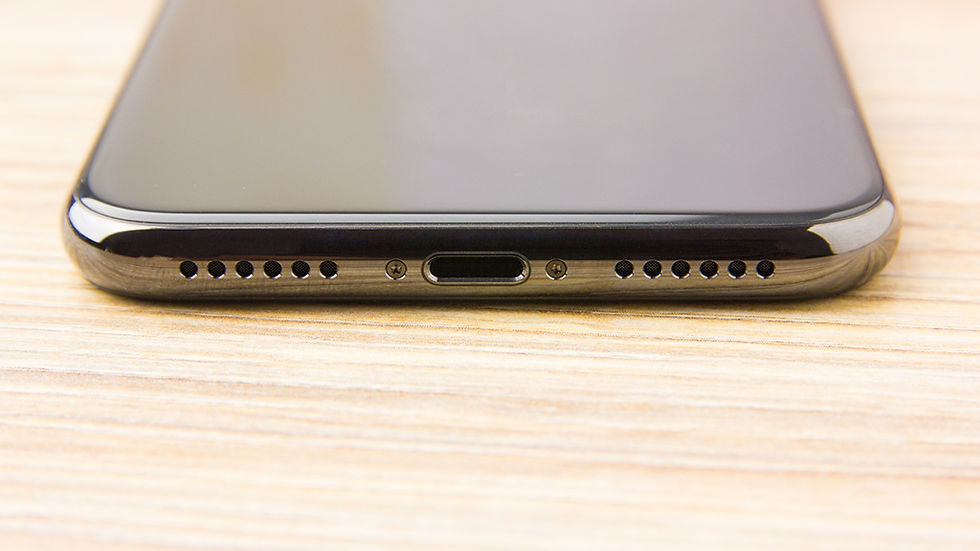Best 4 Simple Methods for Resolving Speaker Buzzing
- getdipmop
- Mar 14, 2022
- 3 min read

There are numerous causes for the humming sound produced by speakers. One of the most common causes is an electrical ground loop. While frequency interference is also a possible cause of the buzzing sound, you can't ignore audio output disturbances. Aside from that, a hardware issue, such as a faulty speaker, can cause the buzzing sound from the speakers. Furthermore, the problem is most likely caused by a software issue, such as driver corruption.
It can be difficult to pinpoint the source of a problem. However, you can still try to troubleshoot and resolve the issue by following the solutions listed below.
Fix 1: How to Repair Your Phone's Sound Using This Amazing Method
Navigate to your browser my fix speaker.
The option "Tap to activate blowers" is located at the top of the screen.
Select the icon.
A sound will be played.
Play it at a high frequency; the faster the dirt is removed, the higher the frequency.
Repeat this sound three or four times.
Congratulations! You have corrected the sound on your phone.
Please keep your phone's backside turned up during this process.
The best part is that, unlike the service center, you do not have to pay anything to use this. And you can do it without having to wait overnight or using a toothbrush. Make a note of this page in your browser. It can protect you from a variety of unforeseeable and unfortunate accidents.
Fix 2: Look Into the Hardware Issue.
As previously stated, one of the possible causes of buzzing sound in speakers is a hardware issue, so you should check the hardware problem and fix any hardware issue discovered.
1. Adjust the volume control by turning it up and down.
Turn the volume up and down while connected to see if the sound works properly.
2. Examine the audio cable and ports.
Examine the audio cable and port to ensure they are in good working order.
When the signal cable is disconnected from the ground, your speaker emits a buzzing sound. Please double-check the signal input line.
You can try a different audio cable and port to see if the buzzing sound has gone away.
3. Examine the transformer
Your attention should also be drawn to the unstable transformer. If there is a problem with the transformer, you should consider replacing it with a better transformer that has the same output voltage.
Fix 3: Disconnect the Electrical Ground Loop.
The electrical ground loop is one of the possible causes of buzzing sound, so you should break the loop to solve the problem.
You can try to power everything with a single alternating current (AC) outlet.
You can disconnect the cables that connect the receiver or device that powers your speakers and only connect your speakers to give it a shot.
Fix 4: Stay Away From Frequency Interference.
It's common to have multiple devices close together, but the frequencies of different devices, such as cordless cellphones, microwave ovens, and Bluetooth speakers, can interfere with each other. As a result, you can examine these devices to determine if this is the source of the problem.
1) Unplug the power source and turn off the devices.
2) Remove any devices that are close to your speaker.
3) Re-test your speaker to see if it now works properly.
Furthermore, to avoid the electro magnetic pulse, keep your speaker away from strong electrical devices and wind the wire in insulation to prevent something similar from happening again.
This should eliminate the buzzing sound. Don't worry if you don't. We have alternative solutions for you.


Comments